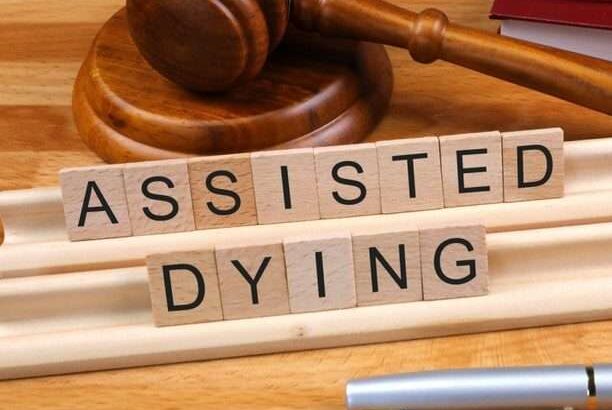Ruadhán Jones and Brandon Scott
The Danish National Council on Ethics has warned the Oireachtas Committee examining assisted suicide against legalising euthanasia.
The council roundly rejected such legislation in Denmark, voting last year by a majority of 16 to 1 not to recommend its introduction.
Speaking to the committee on Tuesday, January 30, council representatives told TDs and Senators they came to the decision to oppose assisted suicide “particularly based on findings of developments in broad regimes of assisted dying”.
Prof. Merete Nordentoft said in her opening statement that the ethics board did not believe “legislation can be developed which will be able to function properly” having reviewed the models of assisted dying in Oregon and the Netherlands.
She “expressed concern … about the ability to adequately monitor and restrict the practice and possible expansions”.
Their review had found that in Holland, which allows euthanasia and has no requirement for terminal illness, “the number of people who die through assisted dying is 10 times greater than in Oregon, which only allows assisted suicide and requires a terminal illness”.
She said the Council decided “an institutionalisation of assisted dying therefore risks threatening the principle that we have the same claim to respect and dignity, regardless of how much we suffer and how high the quality of life is assessed to be.
“If we offer assisted dying, it says, directly or indirectly, that some lives are not worth living.”
“We argue that assisted dying risks causing unacceptable changes to basic norms for society and healthcare,” she told the Oireachtas Committee.
Meanwhile, Independent Senator Ronán Mullen told the committee it is beyond him “how we could be considering an assisted death regime which will impact unequally on those coping with any kind of impairment”.
“The sooner this committee moves on to the positive agenda… of helping people to live well. That should be the business of this committee from now on,” he said.
“Let’s not be led into a bad situation by irresponsible legislators and healthcare czars.”



